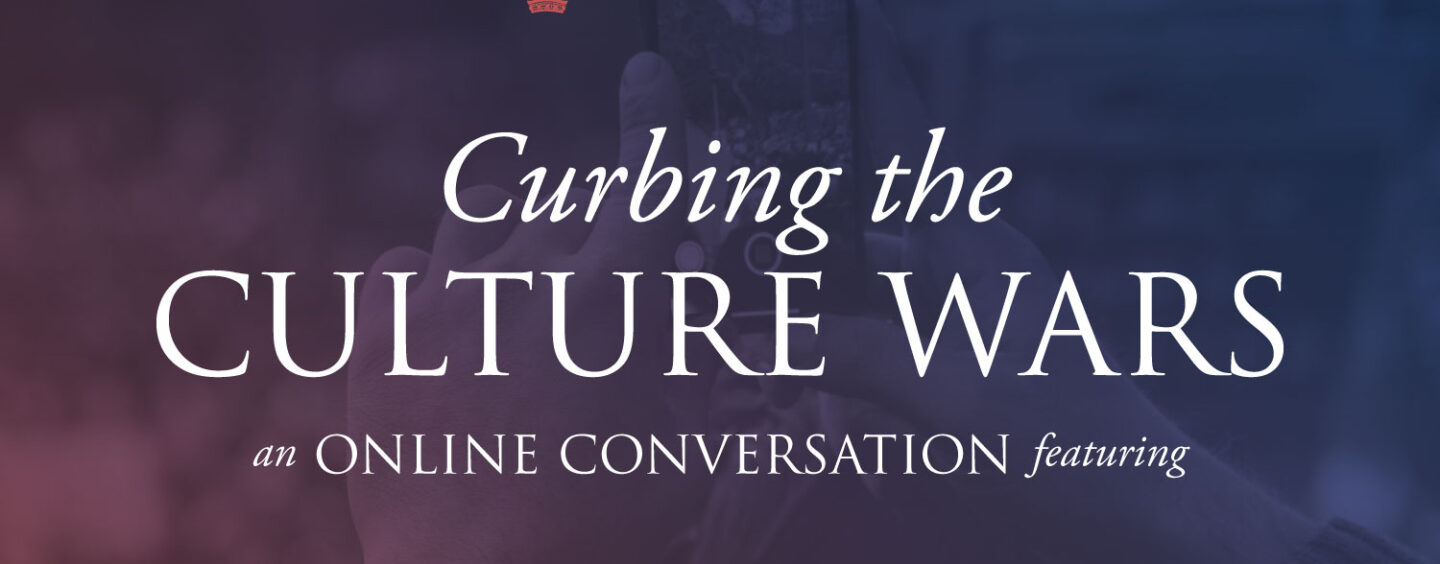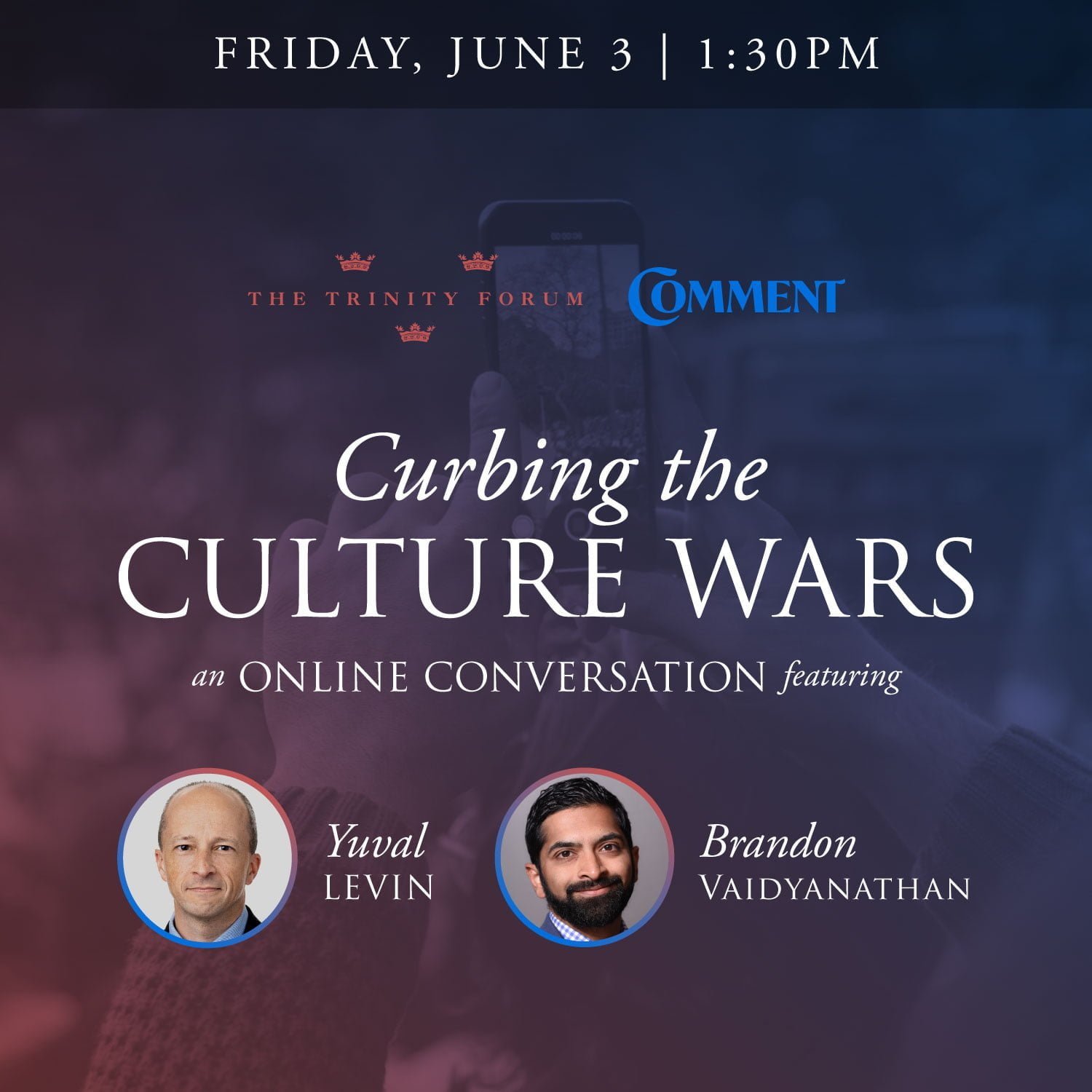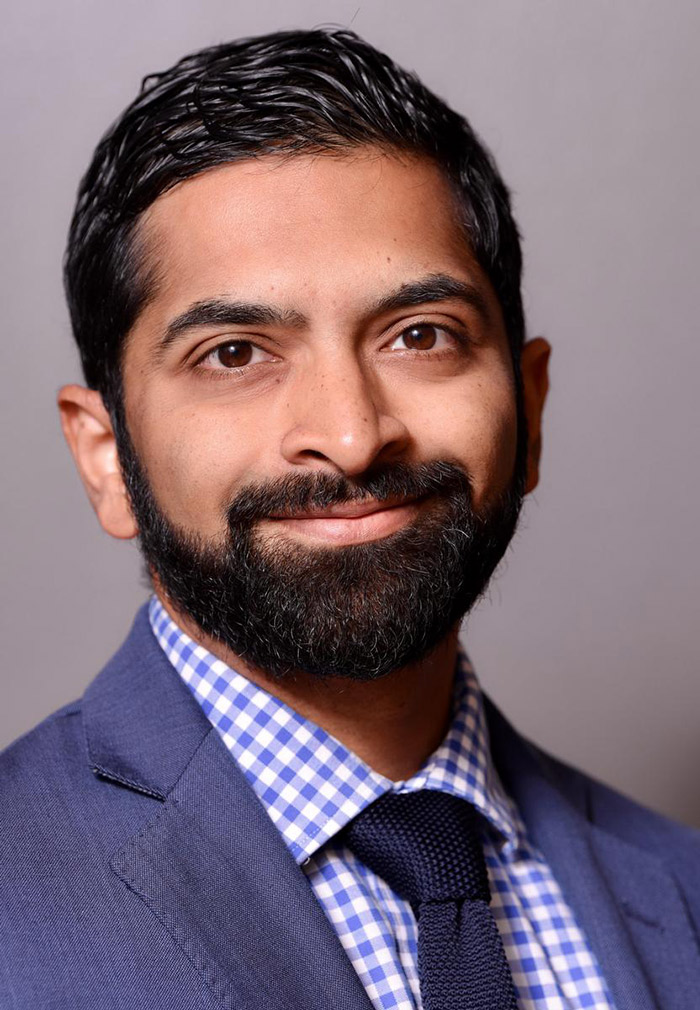
Culture War Politics Intensifies, Partisan Conflict and Division Have Spread Far Outside Their Usual Boundaries
by Kathy Grear 05/25/2022 As our culture war politics intensifies, partisan conflict and division have spread far outside their usual boundaries. Increasingly, virtually any sphere of life has grown politicized, shaded in either red or blue. Neighbors become online adversaries online, and once-independent institutions become platforms for political theater.
As our culture war politics intensifies, partisan conflict and division have spread far outside their usual boundaries. Increasingly, virtually any sphere of life has grown politicized, shaded in either red or blue. Neighbors become online adversaries online, and once-independent institutions become platforms for political theater.
So what are the proper boundaries between the various spheres of our lives? Is it possible to discern and develop distinct domains between education, church, family, politics, and finance in a way that is complementary and supportive, rather than either atomizing or totalizing? Can our culture wars be contained and curbed, or are they destined to invade and poison every nook and cranny of life?
We hope you can join us for an Online Conversation on Friday, June 3rd at 1:30pm ET with National Affairs editor Yuval Levin and sociologist and professor Brandon Vaidyanathan on how we can envision and develop new habits and models that lead us toward more coherent lives and contribute to the common good.Yuval Levin is the director of Social, Cultural, and Constitutional Studies at the American Enterprise Institute (AEI), where he also holds the Beth and Ravenel Curry Chair in Public Policy. The founder and editor of National Affairs, he is also a senior editor at The New Atlantis, a contributing editor at National Review, and a contributing opinion writer at The New York Times. Dr. Levin served as a member of the White House domestic policy staff under President George W. Bush. Dr. Levin is the author of several books on political theory and public policy, most recently A Time to Build: From Family and Community to Congress and the Campus, How Recommitting to Our Institutions Can Revive the American Dream.
Post-Event Discussion Groups
Those who register for this Online Conversation will be invited to participate in post-event discussion groups to continue the conversation! The discussion groups will be moderated by Trinity Forum representatives and aim to allow participants to more deeply engage with the ideas in the Online Conversation with other viewers. Once registered, look in your confirmation email for the link to sign-up for a discussion group. We trust this will provide a safe space for you to connect with other thoughtful folks who want to continue the conversation!
We hope you will join us virtually for this Online Conversation on Friday, June 3rd! This conversation will be recorded and made available on our website and YouTube channel.
Yuval Levin is the director of Social, Cultural, and Constitutional Studies at the American Enterprise Institute (AEI), where he also holds the Beth and Ravenel Curry Chair in Public Policy. The founder and editor of National Affairs, he is also a senior editor at The New Atlantis, a contributing editor at National Review, and a contributing opinion writer at The New York Times. Dr. Levin served as a member of the White House domestic policy staff under President George W. Bush. Dr. Levin is the author of several books on political theory and public policy, most recently A Time to Build: From Family and Community to Congress and the Campus, How Recommitting to Our Institutions Can Revive the American Dream.<
Brandon Vaidyanathan
Associate Professor and Chair, Department of Sociology

Dr. Brandon Vaidyanathan is Associate Professor and Chair of the Department of Sociology at The Catholic University of America. He holds bachelor’s and master’s degrees in Business Administration from St. Francis Xavier University in Nova Scotia and HEC Montreal respectively, and a Ph.D. in Sociology from the University of Notre Dame.
Dr. Vaidyanathan’s research examines the cultural dimensions of religious, commercial, medical, and scientific institutions, and has been published in journals such as Business and Society, Journal of the American Academy of Religion, Social Forces, Social Problems, Sociology of Religion, Journal for the Scientific Study of Religion, Journal for the Theory of Social Behavior, and Work, Employment, and Society. His research has been funded by grants from the John Templeton Foundation, Templeton Religion Trust, and the Lilly Endowment.


